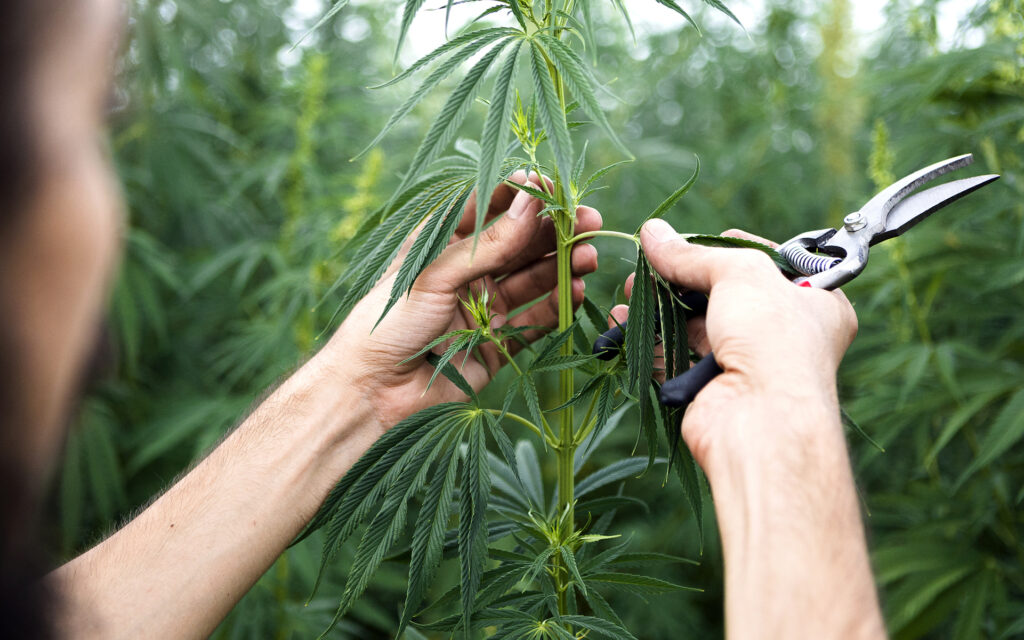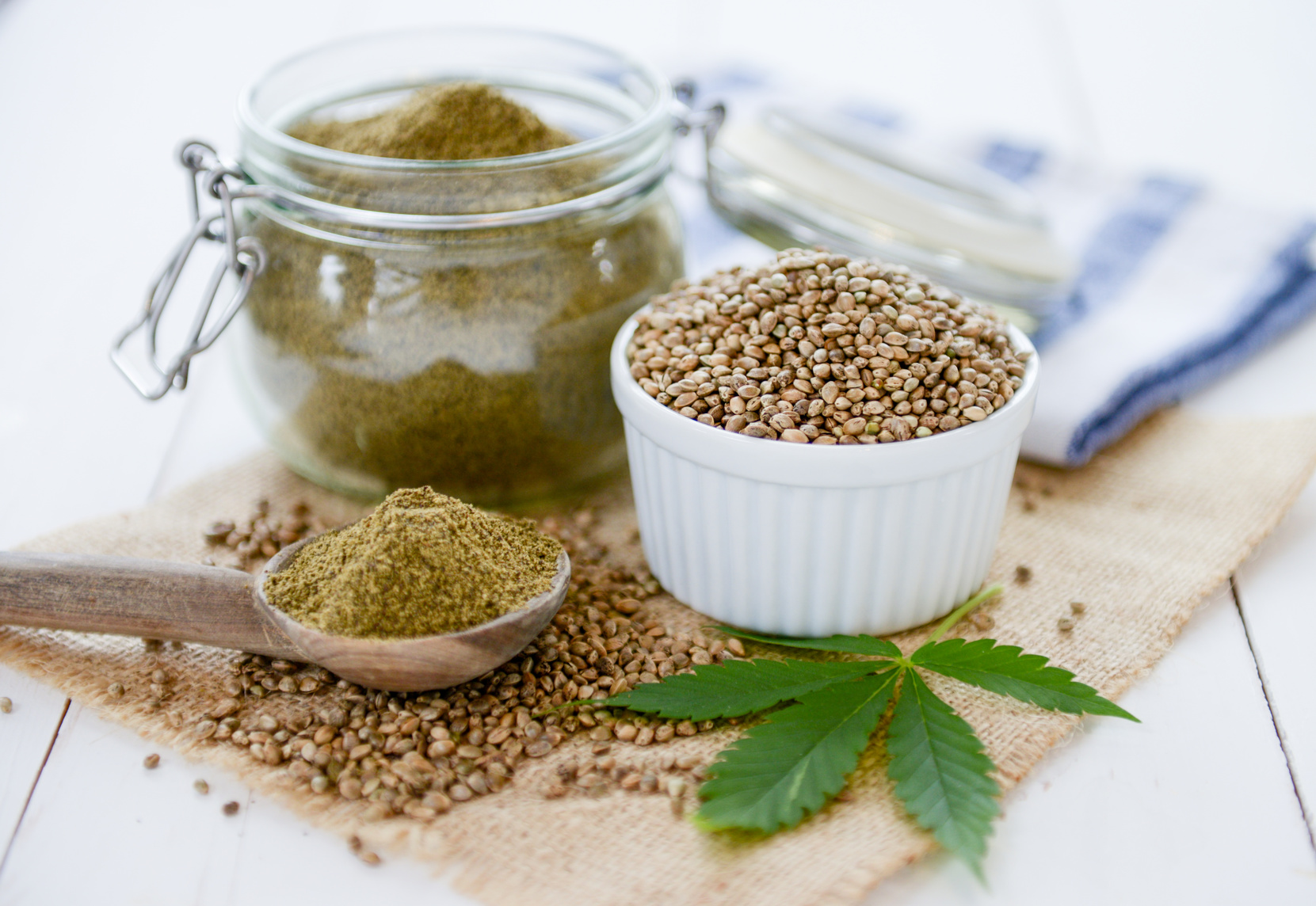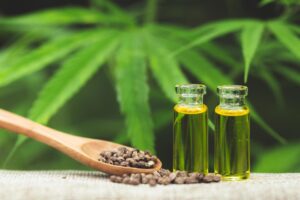Hemp, once a humble plant with roots stretching back to the drafting of the U.S. Declaration of Independence on its paper, is now at the center of a modern-day siege. Legalized federally by the 2018 Farm Bill, hemp promised a renaissance for small farmers and entrepreneurs, offering a sustainable crop with applications ranging from textiles to wellness products. Yet, in 2025, this promise is under threat. Cannabis giants and alcohol lobbyists, wielding their financial might and political influence, are reshaping state laws to squeeze out small players. This isn’t just a business rivalry—it’s a calculated assault on an emerging industry, with Hemp Online retailers, Hemp Wholesale distributors, and Hemp White Label brands caught in the crossfire.
The Rise of Hemp’s Golden Age
Hemp’s legalization in 2018 was a game-changer. Defined as Cannabis sativa L. with less than 0.3% delta-9 THC, hemp broke free from the Controlled Substances Act’s shackles, distinguishing it from its psychoactive cousin, marijuana. By 2020, the U.S. hemp market was valued at $824 million, with projections soaring to $1.9 billion by 2025, according to Statista. Small players seized the opportunity, launching Hemp Online platforms to sell CBD oils, edibles, and skincare products directly to consumers. Hemp Wholesale operations sprang up, supplying bulk fiber and grain to manufacturers, while Hemp White Label brands allowed entrepreneurs to market their own products without building production facilities from scratch.
The appeal was undeniable. Hemp absorbs twice as much carbon per hectare as forests, making it a darling of sustainable agriculture. Its fibers could replace cotton, its seeds could feed livestock, and its cannabinoids offered a non-intoxicating alternative to pharmaceutical drugs. In states like Kentucky and Colorado, farmers who once grew tobacco or hay pivoted to hemp, dreaming of a new cash crop. By 2023, over 300,000 acres were licensed for hemp cultivation nationwide, per Hemp Benchmarks data. For a moment, it seemed the little guy could thrive alongside the giants.

Cannabis Giants Enter the Fray
But the honeymoon didn’t last. The same 2018 Farm Bill that unleashed hemp’s potential also created a loophole: hemp-derived cannabinoids like delta-8 and delta-9 THC, when kept under 0.3% in source material, could be synthesized into intoxicating products. This birthed a gray market of gummies, vapes, and beverages sold everywhere from gas stations to Hemp Online stores. While small players saw this as an innovative edge, cannabis giants—multistate operators (MSOs) dominating legal marijuana markets—saw a threat.
These corporations, like Curaleaf and Cresco Labs, have invested billions in regulated marijuana infrastructure across the 24 states where recreational use is legal as of 2025. Their products face strict testing, taxation (up to 70% effective federal rates due to IRS Code 280E), and banking barriers. Meanwhile, hemp-derived THC goods, free from such burdens, undercut their prices by as much as 30%, according to MJBizDaily. In response, MSOs began lobbying state legislatures to redefine hemp, pushing for “total THC” limits that include all cannabinoids, not just delta-9. States like Florida and Tennessee have already adopted such laws in 2024, effectively banning many hemp-derived intoxicants and crushing small Hemp Wholesale suppliers who can’t pivot fast enough.
The strategy is clear: eliminate competition. In Missouri, where hemp-derived THC beverages outsold regulated cannabis drinks by 15% in 2023 (per the Hemp Beverage Alliance), MSOs backed an August 2024 executive order embargoing “unregulated psychoactive cannabis products.” The move sparked lawsuits from small hemp businesses, but the damage was done—retailers pulled products, and Hemp Online sales plummeted 20% overnight, per industry reports.
Alcohol Lobbyists Pour Fuel on the Fire
Enter the alcohol industry, a $250 billion behemoth feeling the heat from hemp’s rise. THC-infused seltzers and teas, marketed as healthier buzz alternatives, have gained traction amid a 10% drop in U.S. alcohol consumption since 2019, according to the National Institute on Alcohol Abuse and Alcoholism. Brands like Pharos and Hemp White Label startups showcased these drinks at the 2025 Wine & Spirits Wholesalers expo, occupying 10% of the floor space. Sales of hemp beverages hit $50 million in 2024, per the Hemp Beverage Alliance, with Minnesota alone reporting a 25% uptick in retail adoption.
Alcohol giants like Anheuser-Busch and Diageo aren’t amused. They’ve watched cannabis erode their market share—24 states now allow recreational marijuana, and hemp drinks are legal nationwide. Their counterattack? Lobbying for state bans on THC beverages. In New Jersey, a 2024 law backed by liquor interests requires hemp sellers to obtain cannabis licenses, a process that can take a year and costs thousands—unfeasible for small Hemp Online vendors. The law’s vague enforcement, upheld by a federal judge in October 2024, left retailers in limbo, with some slashing inventory by 40%, per the New Jersey Monitor.
Missouri’s alcohol and tobacco agency also tried banning hemp drink sales at liquor-licensed venues in 2024, though the rule was struck down. Still, the message resonates: alcohol lobbyists want hemp out of their turf. Their $50 million annual lobbying budget, per OpenSecrets, dwarfs the hemp industry’s $5 million, giving them outsized influence over state lawmakers.
Small Players Caught in the Crosshairs
The fallout is brutal for small hemp businesses. In 2021, farmers like Matt Cyrus in Oregon sold hemp at $40 per pound; by 2023, oversupply and regulatory chaos crashed prices to $10, leaving him with unsold stock worth hundreds of thousands, per Stateline. Hemp Wholesale distributors face similar woes—50% reported revenue drops in 2024 as states tightened THC rules, according to Cannabis Business Times. Hemp Online retailers, reliant on delta-8 and delta-9 sales, saw 30% of their product lines outlawed in states like South Dakota, where a 2024 law banned all THC variants.
Hemp White Label brands, often run by entrepreneurs with minimal capital, are folding fastest. A 2025 survey by the National Hemp Association found 60% of small operators fear closure within a year if regulations tighten further. The 2023 Farm Bill’s delay—extended into 2025—adds uncertainty, with drafts proposing a delta-8 ban that could wipe out 70% of hemp-derived cannabinoid revenue, per MJBizDaily estimates.
The Siege’s Lasting Echoes
This isn’t just about hemp—it’s about power. Cannabis giants want a monopoly on THC, and alcohol lobbyists want no competition for intoxication. State laws, patchwork and inconsistent, are their weapons, leaving small players defenseless. In California, a 2024 bill aims to ban “synthetically derived cannabinoids,” threatening 80% of Hemp Online CBD sales, per McGlinchey Stafford. In Louisiana, new THC serving limits slashed hemp drink variety by 35%, per local retailers.
Yet, hemp’s resilience shines through. Advocates push for federal clarity in the next Farm Bill, proposing a 1% THC cap to protect small growers. Farmers like Dion Oakes in Colorado, growing 300 acres for Patagonia in 2024, bet on fiber and grain to outlast the storm. Hemp’s siege may rage on, but its roots run deep—deep enough, perhaps, to weather the giants’ wrath. For now, the small players soldier on, their fate hinging on a battlefield of law, lobbying, and lucre.
Discover the future of hemp with NanoHempTechLabs! As cannabis giants and alcohol lobbyists reshape state laws, small players need a competitive edge. Our premium Hemp Wholesale products—featuring cutting-edge nanotechnology—deliver unmatched quality in CBD oils, edibles, and beverages. While the industry faces a siege, with prices crashing from $40 to $10 per pound and regulations tightening, NanoHempTechLabs empowers you to thrive. Join the 2025 hemp revolution with sustainable, high-demand solutions tailored for Hemp Online and Hemp White Label success. Don’t let the giants win—schedule a call today at NanoHempTechLabs.com and secure your place in the market!
Reference:
- Coleman, J. (2021). Did the 2018 farm bill’s hemp provisions decriminalize marijuana?. Journal of Drug Policy Analysis, 14(1), 1-21. https://doi.org/10.1515/jdpa-2020-0006
- Florick, L. and Park, C. (2022). A pilot study exploring the impacts of covid-19 on small-scale direct marketing farmers in northwest arkansas and their responses to the pandemic. Journal of Agriculture Food Systems and Community Development, 1-15. https://doi.org/10.5304/jafscd.2022.121.006
- Hall, W. and Lynskey, M. (2020). Assessing the public health impacts of legalizing recreational cannabis use: the us experience. World Psychiatry, 19(2), 179-186. https://doi.org/10.1002/wps.20735





